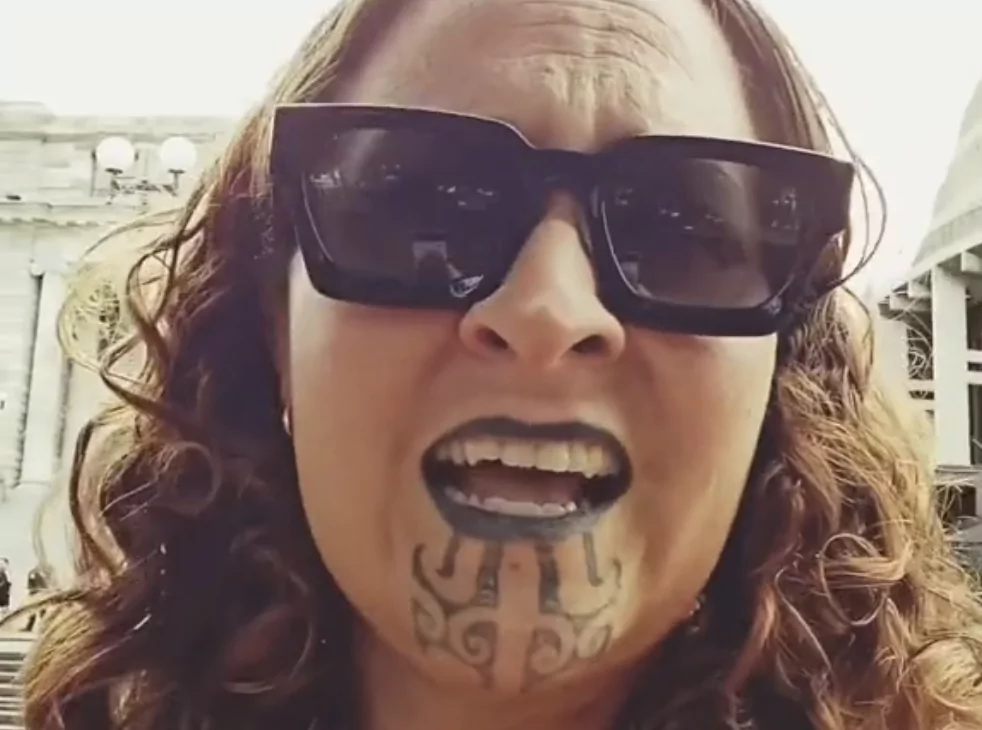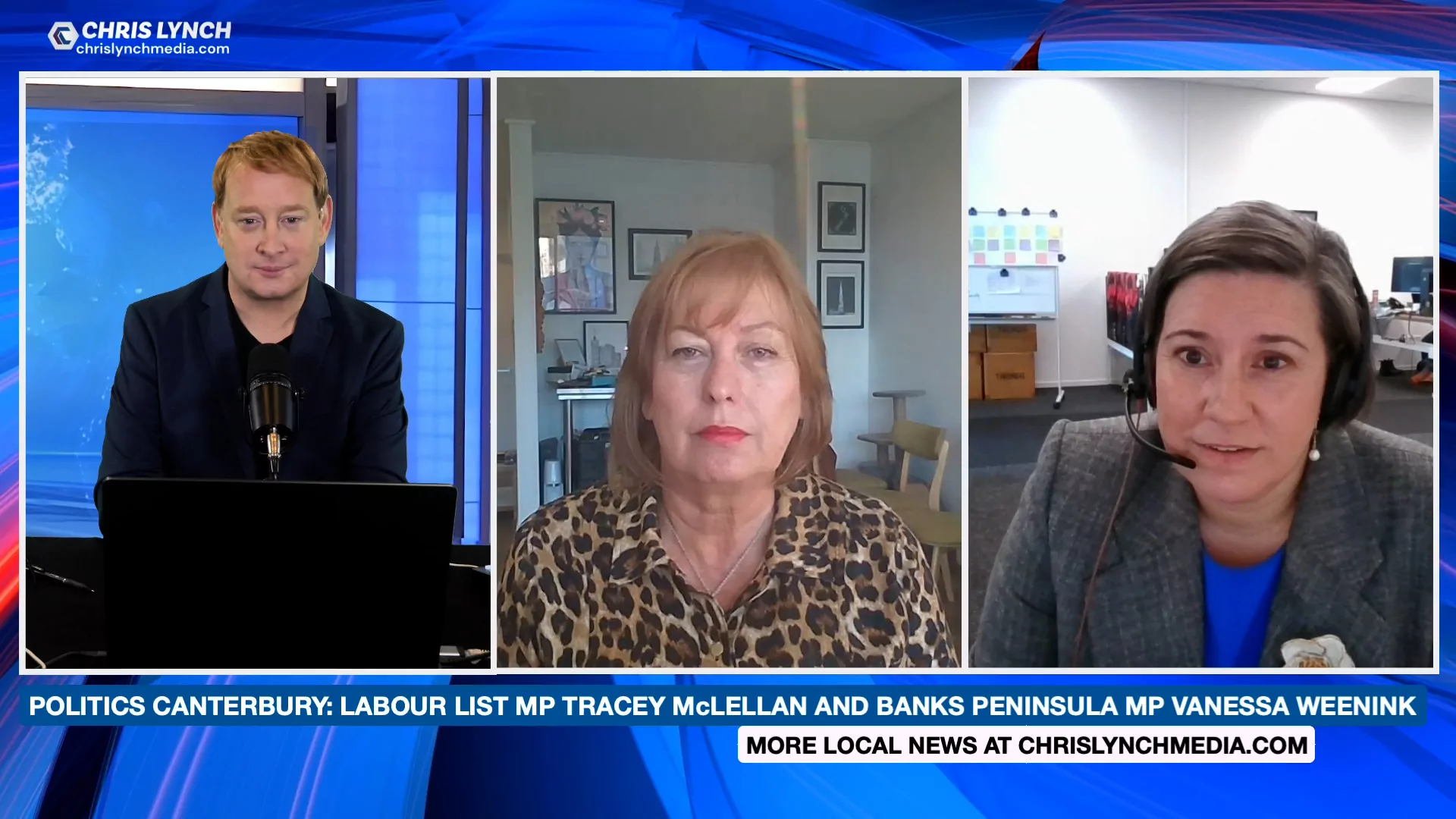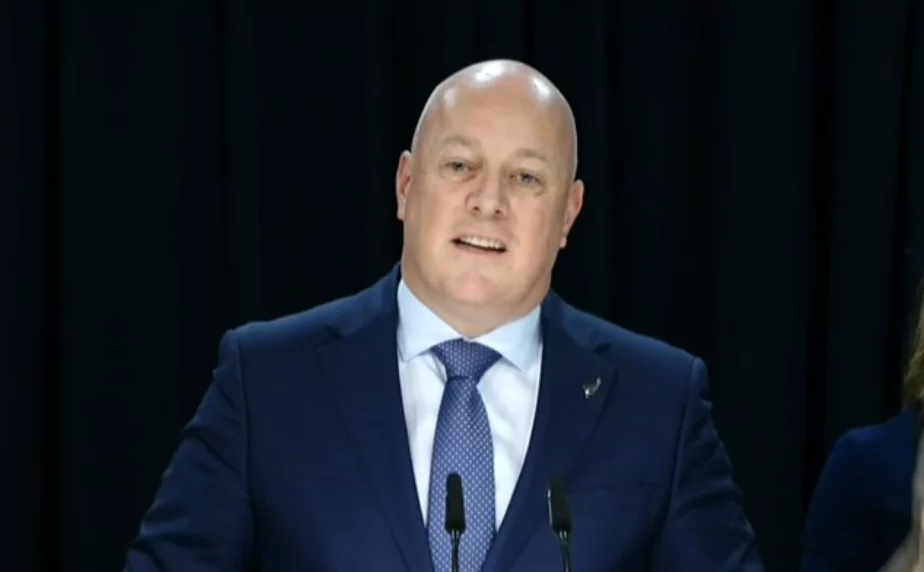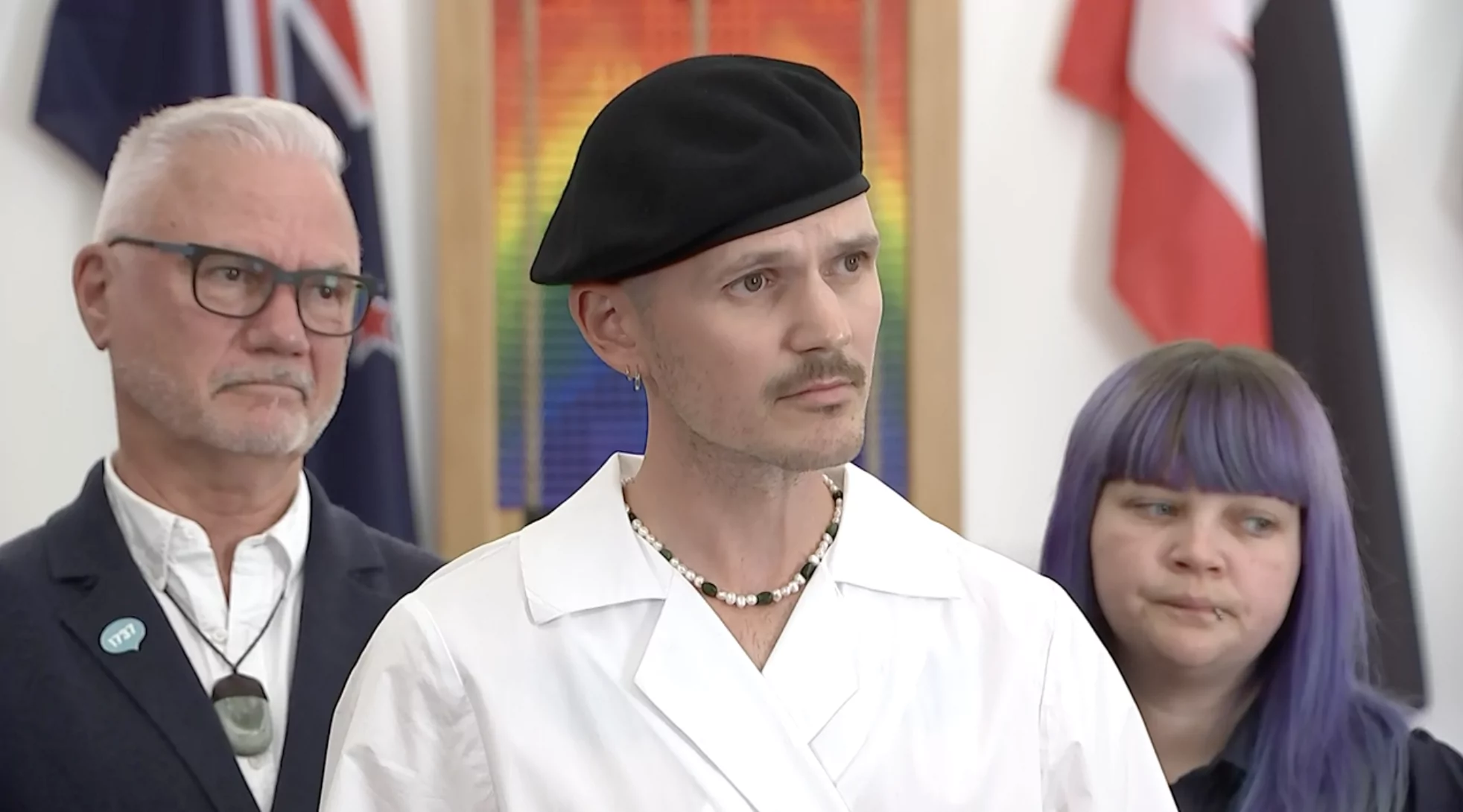Analysis: The Human Rights Commission, known for its frequent commentary on racist remarks and divisive statements by public figures, has remained conspicuously silent regarding Kiri Tamihere-Waititi’s recent social media video.
New Zealand police confirmed to chrislynchmedia.com earlier this week they were investigating the inflammatory video recorded by the wife of Māori Party Co-Leader Rawiri Waititi.
In a social media video laced with expletives, Tamihere-Waititi, daughter of Māori Party president John Tamihere, claimed, “This government is launching an all-out attack on us as a people, on our very identity as tangata whenua. We are under siege by the government. They’re doing everything and they’ve got the f***** power to get rid of us.”
“And while you’re thinking about that, you might as well also start thinking about how we’re going to take our country back too.
“Can you imagine the might and the power that we would have? We could overthrow any government. We could do whatever the f*** we wanted.”
The Human Rights Commission provided a statement to chrislynchmedia.com but didn’t address direct questions.
In an unrelated opinion piece on the budget which appeared on RNZ, the Commission’s “shared leader” Julia Whaipooti said “Māori are responding to a rhetoric that doesn’t seem to recognise our existence,” revealing a bias compromising the Commission’s objectivity.

Commission’s “shared leader” Julia Whaipooti unusually quiet.
She also said, “The Tiriti relationship is a founding fabric of Aotearoa and remains yet to be honoured. Regardless, the right of Māori to exercise tino rangatiratanga remains as unmovable as the moko kauae on my face. That right sits in our whakapapa and is recognised in te Tiriti o Waitangi. It is not determined by any government budget.”
A spokesperson at the Human Rights Commission, who didn’t provide a name, said, “Section 61 of the Human Rights Act (‘Racial Disharmony’) makes it unlawful to make public statements that are ‘threatening, abusive or insulting,’ and ‘likely to excite hostility’ against a group of people because of their colour, race or ethnicity.
“However, it is not enough that people find comments offensive or controversial – they must have the potential to cause or exacerbate serious ethnic tension or unrest. Courts have ruled that the threshold to meet section 61 is very high. The courts have also emphasised the importance of protecting freedom of expression under the New Zealand Bill of Rights Act.”
A New Zealand Security Intelligence Service spokesman earlier told chrislynchmedia.com while the NZSIS does not discuss what may or may not be specific areas of operational focus, we are well aware that extremist rhetoric is being spread in our communities every day, particularly online.
“Generally speaking, we work closely with New Zealand Police in this area. Our role is to detect, investigate and assess activities of individuals and groups which may pose a threat to national security.
“We are specifically looking for individuals adhering to violent extremist ideologies who have both the capability and intent to carry out a real-world attack, or support those that do.
